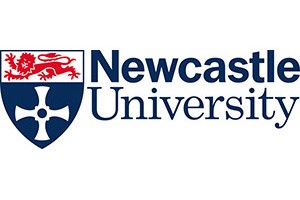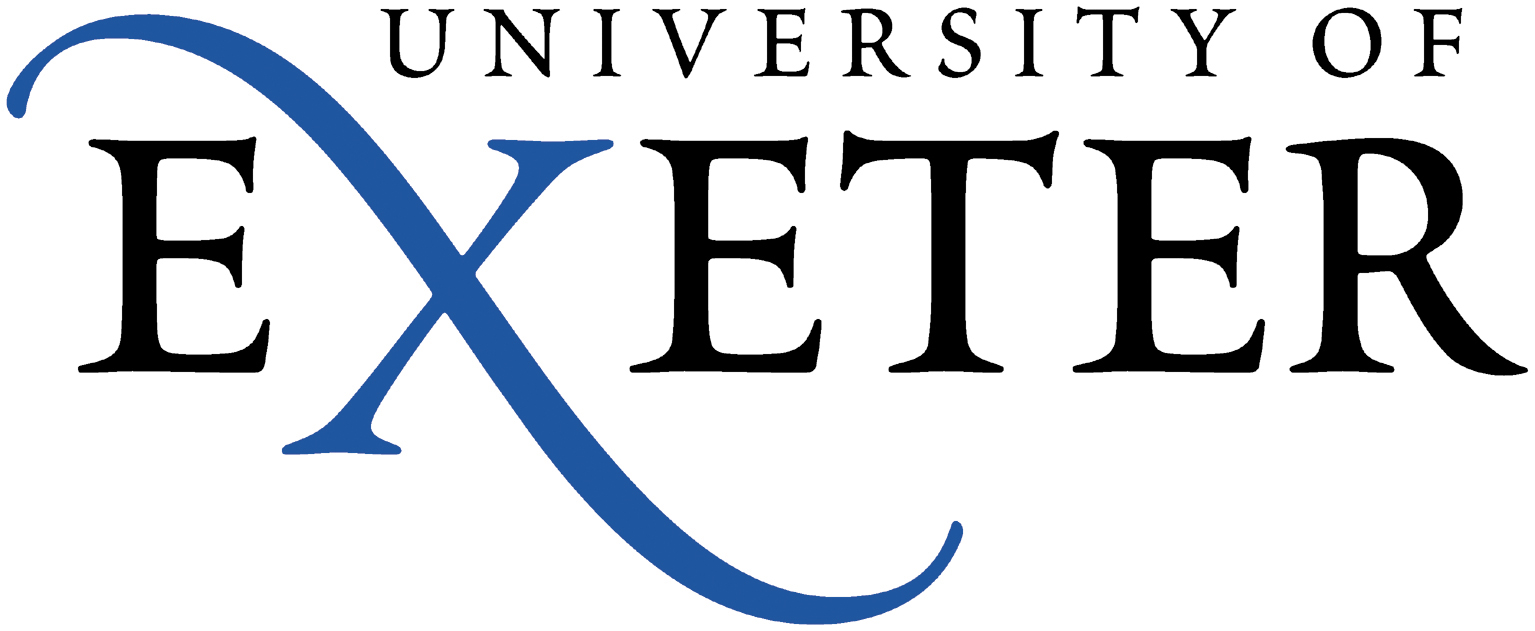STEAM: Statistical Techniques for Engineering with Advanced Materials
The next decade will see step changes in data-driven technology, impacting all aspects of engineering and industry. The emergence of manufacturing protocols for 3D printed stainless steel promises a dramatic increase in the ambition and complexity of structures that can be designed and built. However, at the same time these techniques raise urgent statistical challenges which must first be addressed. On the microscale, the inherent variability of advanced printed materials is such that their basic material properties are in effect random, and this variation not yet well-characterised. On the macroscale, how manufacturing standards and safety guarantees can be provided in the context of an uncertain material is yet to be determined. Moreover, it is unclear how inspection and continued monitoring of these structures should be performed.
This project, a joint venture between the Lloyds-Turing programme on data-centric engineering at the Alan Turing Institute, Imperial College London, Newcastle University, the University of Bath, the University of Exeter and University College Dublin, brings together experts in material testing, engineering, statistics and mathematics so that these urgent questions can be addressed. Detailed experiments are being performed to probe the material properties of 3D printed stainless steel and these data will be analysed with novel statistical methods, to be developed, in order to provide important insight into novel advanced material.
Group Members:
Craig Buchanan - Imperial College London, UK
Gianluca Detommaso - University of Bath, UK
Tim Dodwell - University of Exeter, UK
Nial Friel - University College Dublin, Ireland
Leroy Gardner - Imperial College London, UK
Mark Girolami - Imperial College London, UK
Peter Gosling - Newcastle University, UK
Wilfrid Kendall - University of Warwick, UK
Din-Houn Lau - Imperial College London, UK
Chris Oates - Newcastle University, UK (Project Lead)
Rob Scheichel - University of Bath, UK
Wing Wan - Imperial College London, UK
Support from Science Foundation Ireland:
The Lloyd's-Turing programme on data-centric engineering have partnered with Science Foundation Ireland in the award of a joint Ireland-UK PhD studentship to work under Prof. Nial Friel, Dr. Chris Oates and Prof. Mark Girolami on STEAM. The funding was awarded to investigate "Approximate Bayesian computation with application to 3D printing" and will commence in September 2018. Please contact Nial Friel to express interest.
Laser-scanning a 3D-printed stainless steel sheet. This produces high-resolution data that will ultimately enable engineers to better understand the material properties of printed steel.
Calibrating a 3D-printed stainless steel coupon, in preparation for a tensile test.
Contact:
For more information or to contact the project, email steam@turing.ac.uk.
Support:
This project is supported by the Lloyd's Register Foundation programme on data-centric engineering at the Alan Turing Institute, London, UK. It ties in closely with its sister projects, designed to instrument and monitor a bridge that is being 3D printed from stainless steel:











